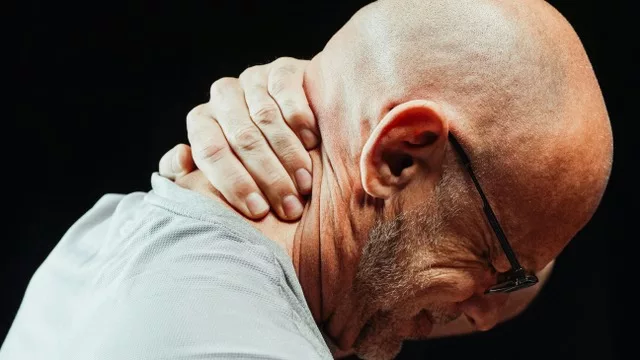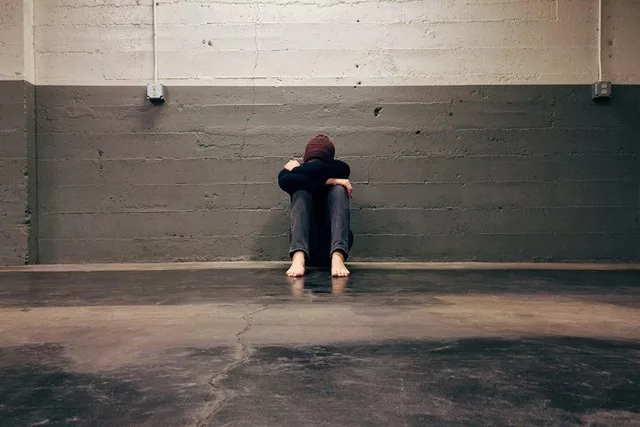Pain, in simple terms, is an unpleasant sensation or feeling that your body sends to your brain. It can range from mild discomfort to intense agony, and it’s your body’s way of alerting you to potential harm or injury. Pain as a sensation however, is not merely a physical phenomenon but also deeply intertwined with the complex workings of the human mind.
The experience of pain is very subjective, varying hugely from person to person, and is influenced by a number of factors, including psychological state, emotions, and past experiences. In recent years, research has delved into understanding the profound impact of the psyche on pain perception, shedding light on the intricate relationship between the mind and the body.

One of the key theories in understanding the psychological aspect of pain perception is the Gate Control Theory. This theory suggests that the perception of pain is regulated by a balance between neural mechanisms that facilitate or inhibit the flow of pain-signals to the brain. Psychological factors such as attention, emotions, and beliefs can act as “gates,” either opening or closing the pathway for pain signals, thereby influencing the intensity and perception of pain. It is thought that long term negative thought processes can potentially reduce the threshold for pain to be perceived at the brain level. In short, the amount of pain experienced is not always proportional with the amount of damage and ones mental state can have a huge influence on how much pain is perceived.

Numerous studies have demonstrated the significant impact of emotional state on pain perception. For instance, individuals experiencing depression or anxiety often report higher levels of pain compared to those with a more positive emotional outlook. Furthermore, stress has been found to exacerbate pain symptoms, with raised levels of the stress hormone cortisol, amplifying the body’s sensitivity to pain.
Other factors, including beliefs, expectations, and attention, play a crucial role in shaping pain perception. Studies have revealed that individuals who hold pessimistic beliefs about their ability to cope with pain tend to experience greater levels of pain and disability. Conversely, gratitude, positive expectations and optimism have been associated with lower pain intensity and improved coping mechanisms. Our past experiences of pain significantly influences how we perceive and respond to subsequent painful stimuli. Studies have shown that repeated painful events can alter the brain’s neural pathways, increasing pain sensitivity. Moreover, traumatic experiences can contribute to the development of chronic pain conditions, as the brain retains a memory of past pain experiences, perpetuating the cycle of pain.


The influence of the mind on pain perception is undeniable, encompassing a myriad of psychological processes that shape our experience of pain. From emotional state and cognitive factors to past experiences and attentional processes, the mind exerts a profound influence on how we perceive, interpret, and respond to pain. Understanding this interplay between the mind and pain not only offers insights into the mechanisms underlying pain perception but also opens avenues for the development of novel interventions aimed at alleviating pain.

Treating chronic pain, therefore will require a new outlook which will incorporate psychotherapeutics, mindfulness and gratitude practices, and attentional movement therapies such as dance and martial arts, alongside the more traditional physical therapy approaches such as osteopathy.

If you are experiencing pain, Mayfair Osteopathy may be able to help. Please contact us to discuss how we can help.


